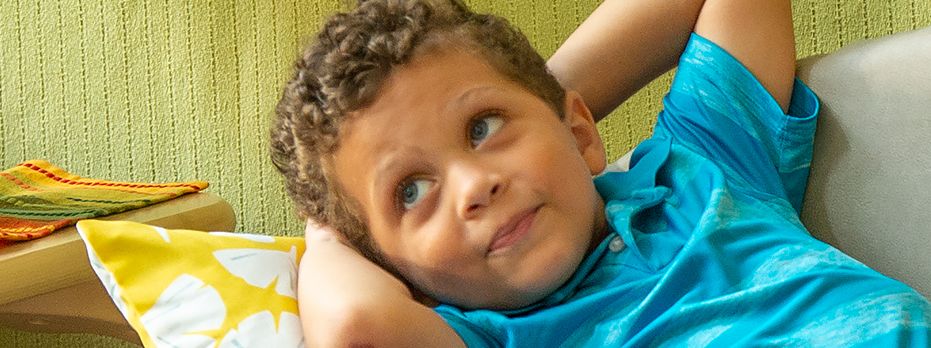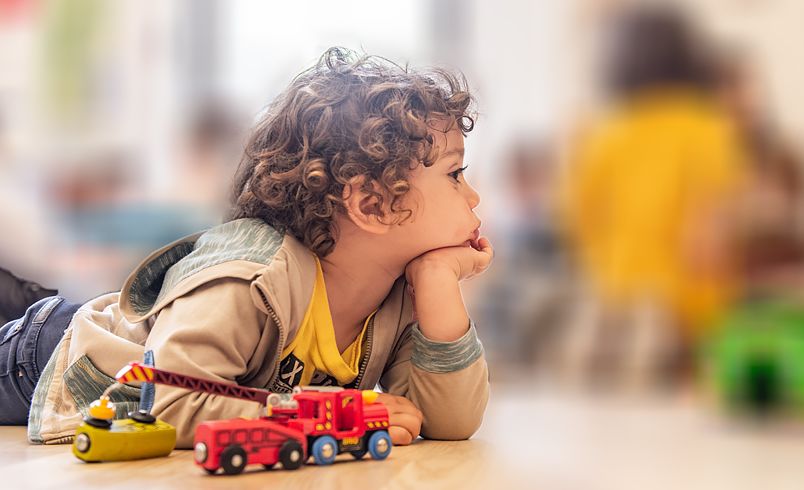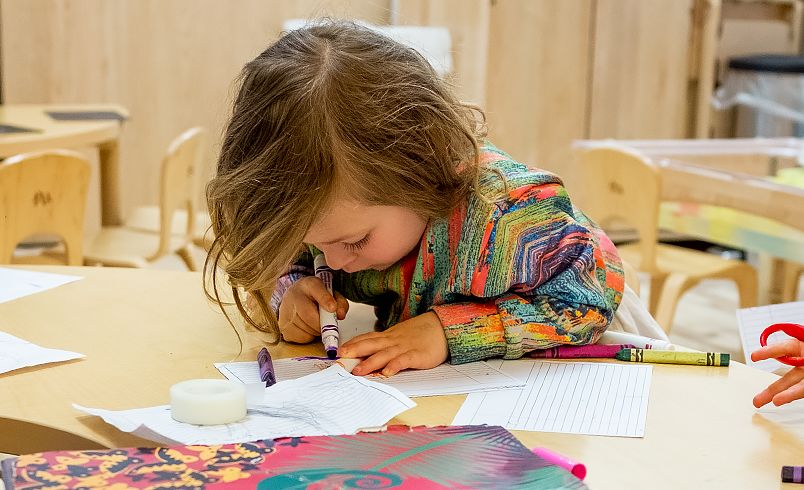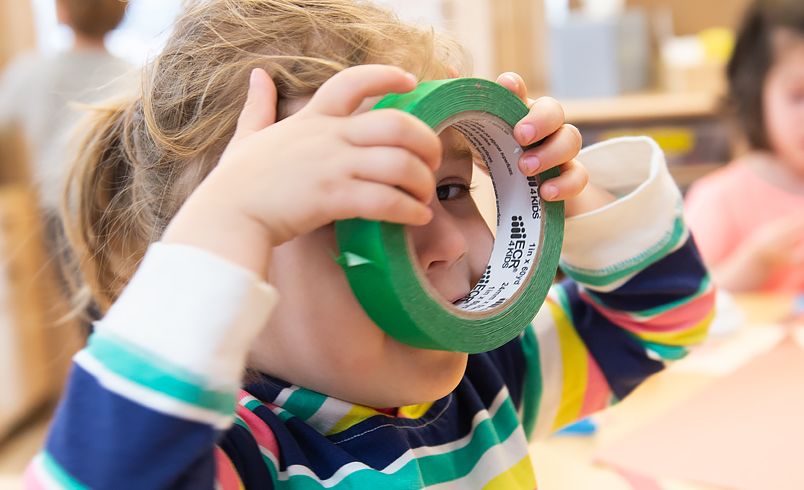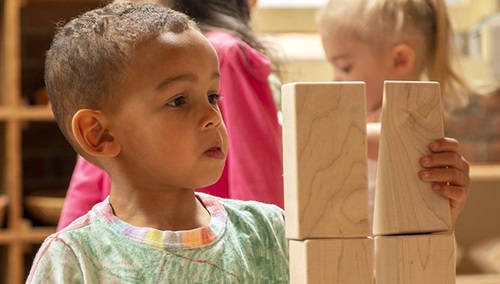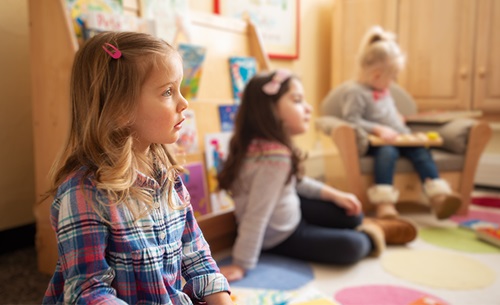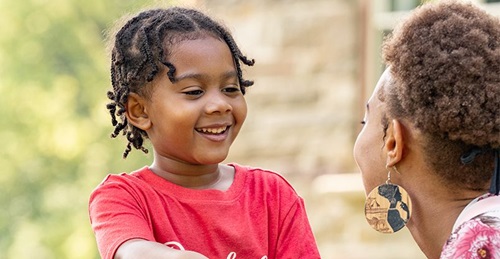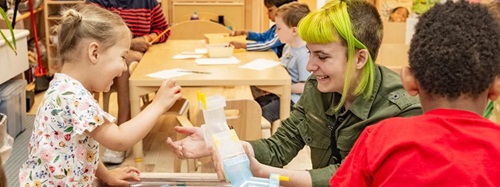Bored Children? Be Grateful for it!
| April 2020Boredom is something today’s children have rarely experienced—because they’ve never had the chance to get bored. Today’s children have had their lives filled with “schooling” and endless activities, all due to the mistaken notion that if they don’t excel in early childhood, they will never reach their potential. That their “resumés” will look inadequate in comparison to those of their peers.
Now, suddenly, all of us have more time on our hands than we know what to do with, including the kids. And parents are scrambling. In addition to fretting about missed schooling (which, as my colleague Tom Hobson points out, is the last thing parents need to worry about), parents are trying to keep their children entertained. To keep them busy. To keep them from getting bored.
But boredom is yet another thing that shouldn’t concern parents—during this time, or any other, for that matter—because boredom can be a powerful incentive.
Along with quiet time (for which I made my argument here), boredom will stimulate a child’s creativity. Imagination and creativity—ideas—arise from having time to think, to ponder and reflect, or just let the mind go. A child with time on his hands will make up games, create dramas to act out, build a fort, or discover the joy of reading. A child without such time develops only the ability to do what he’s told, when he’s told to do it. And that child isn’t likely to become an adult with initiative.
Boredom, rather than a parade of organized activities, is also more likely to help a child find her strengths and weaknesses, her passions and talents. When she has unstructured time, she has a chance to “dabble”, to experiment with a variety of activities at her own pace and in her own way. This is how she discovers her likes and dislikes. And when she has the opportunity to spend time on those activities she likes, to delve deeper into the possibilities, her interests and skills blossom.
Of course, dabbling can make parents nervous—because it can seem as though nothing “sticks.” But it’s natural for a child to lose interest in something after a while and then move onto something else. We’ve all had the experience of being passionate about something during certain periods in our lives (knitting, gourmet cooking, or gardening, for example) only to find these interests eventually wane. All it means is that the interest no longer serves our lives. It definitely wasn’t pointless, though; all of our experiences enrich us in some way. And children are meant to be fickle! Their entire early lives are about finding and losing interest, trying and discarding.
I realize it’s difficult for a parent to see, and sometimes cope with, a child who’s bored. But it’s important to stay the course. Having unstructured time allows a child to just be, and to engage in authentic play (self-chosen, self-directed, and without extrinsic goals). And once he’s become familiar and comfortable with the experience, rather than boredom, he’ll display an amazing level of concentration as he plays. Because play employs divergent thinking, his creativity and problem-solving skills will grow. If he has the time to carry out his plans and bring them to a conclusion, he’ll experience the satisfaction that comes from thinking things through and working them out. But this can’t happen unless a child has the time and the space with which to make it happen. To indulge his curiosity and spontaneity.
A child who’s bored has to be resourceful. She has to solve this immediate and urgent problem, and if given enough time and encouragement (A friend’s mother used to tell her, “only stupid people get bored,” but that may be a little harsh!), she will figure out what to do with herself. Eventually, she’ll come to glory in these periods, finding all kinds of ways to use them.
Colleagues Lenore Skenazy and Peter Gray have written that the coronavirus is providing the course correction our children so desperately needed. We certainly would not have wanted it to happen this way. But if children learn how to cope with boredom during this pandemic, that’s one thing we can be grateful for.
What’s a Parent to Do?
Initially, a child who hasn’t had enough practice in self-sufficiency is going to need a parent’s help generating ideas for things to do. Here are some ways to cope with that:
- Before boredom sets in, sit down with your child to brainstorm a list of activities he enjoys. Write them on slips of paper and put them in a jar, so the next time he’s bored he’ll have plenty of ideas to choose from. And having helped create the list, he’ll take pride in it and feel empowered.
- Offer her choices but keep it to a minimum of two or three so she doesn’t feel overwhelmed by the decision making.
- Point out that he has a new book waiting to be read.
- Offer to get her set up for finger painting or another artistic endeavor. Then step away.
- Ask if he would like to help you with something you need to get done—making cookies or pulling weeds, for instance.
- If no choice appeals to him, hold firm. Assure him that you have every confidence he can find something to do. He may initially be stumped, but because he’ll want to validate your belief in him, he’ll find something.
Article republished from raepica.com with permission from the author.

